|
This blog gives an overview of Walter Lassally’s life, work, and his involvement with Kabbalah. You can read a fuller account at Cherry's Cache, which describes a meeting which Cherry Gilchrist and Rod Thorn had with Walter Lassally in 2014, where he shared his recollections about the early Soho Group, and gives details of his I Ching readings. Walter Lassally was one of the Soho Kabbalists, and a famous cinematographer, who won an Academy Award for his filming of Zorba the Greek in 1965. However, his priority was the search for inner truth. As he wrote in his later years, for a talk entitled ‘The Universe and the Individual: The Cosmos and the Microcosmos’: ‘My career as world-famous Director of Photography is well known and has been written about ad infinitum. On the other hand my other activities in the realm of philosophy and esotericism are not so well known but have in my estimation been even more important and significant to me than my main occupation.’ Walter’s early life Walter was born in Berlin in 1926, growing up there during Hitler’s ascent to power. His father worked as an animator of industrial films, and the family was cultured and comfortably-off. However, although they were Lutheran Protestants, they had Jewish roots in earlier generations, and were therefore classified as ‘non-Aryan’ under the Nazi regime. In 1938, Walter was excluded from school, and his father was put in a concentration camp. But before war broke out, Walter’s mother managed to obtain a visa for the UK, which enabled her husband to be released. The family arrived at Dover with virtually nothing. Walter spoke no English, but soon made up for that and beat most of his English classmates in the exams! In the UK, his father was first interned as an alien, but then freed after a tribunal hearing, allowing the family to settle in Richmond, Surrey. Walter left school at the age of sixteen, already convinced that he wanted to be a film cameraman. He began as a lowly clapper boy at Riverside Studios, but swiftly became renowned as a cinematographer, shooting such well-known films as A Taste of Honey, Heat and Dust, and Tom Jones, as well as Zorba the Greek. In his early years, he was also associated with the radical ‘Free Cinema’ movement led by Lindsay Anderson, which you can hear in the clip below. Walter’s Quest How did he come across ‘the Group’? What aroused his interest? The quotes and information included here are from our face-to-face meeting with him in January 2014. ‘It was probably triggered by an unhappy love affair that I had in the early 1950s. And that led to what I would call the search for the self. Which is still going on…First of all, I turned towards Yoga – I read Paul Brunton’s book, a classic book about Indian yoga, and then I became interested in Gurdjieff and Ouspensky.’ One day in 1956 when he was in Soho, perhaps on film business – it was a hub for the film industry at that time -Walter entered a café where an energetic discussion was taking place. This was a gathering of ‘the Group’, probably at ‘the “Nucleus” [which] was the centre of it all, the coffee bar in Monmouth Street. And someone was always in there holding forth.’ The encounter was an eye-opener for Walter, and what he discovered there became his lifeline. He described this type of Kabbalah as ‘such a wonderful system. It’s both simple and complicated. It covers all the areas…the Tree is a terribly dense, but a relatively simple diagram. It’s not hard to understand, although you can study, and study and study ...the Tree in all its aspects, the paths on it, its connections with astrology.’ A few years later, he started running his own group. During our visit, he brought down old notebooks to show us, inscribed with ‘Society of the Common Life 1962’, listing attendance of members and their subscriptions. Astrology and the I Ching
Walter was also a keen and proficient astrologer, but his chief passion was for the I Ching. He recorded his I Ching readings for over 40 years, and turned them into a book, Thirty Years with the I Ching, which can be accessed online. (Click on the I Ching tab at the top of the Home Page then scroll down past the first article.) These I Ching diaries, which include his own reflections on the readings, reveal much about his relationship with the Work, as well as with his teacher Alan Bain, and with Walter’s partner Kate, all of which posed challenges. He remained committed to ‘the Work’ throughout his life. As he said to us at our meeting: ‘You have an aim, which can broadly be described as self-knowledge. The saying ‘Know Thyself’ – inscribed over the temple of Apollo at Delphi – is very important. …And now I firmly adhere to the idea that that is the only point of being on earth as a human being. Everything else is peripheral.’ Walter died in 2017, in Crete where he had spent much of his time in later years. Cherry Gilchrist
0 Comments
Leave a Reply. |
AuthorsArticles are mostly written by Cherry and Rod, with some guest posts. See the bottom of the About page for more. A guide to all previously-posted blogs and their topics on Soho Tree can be found here:
Blog Contents |
Proudly powered by Weebly
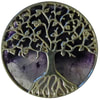
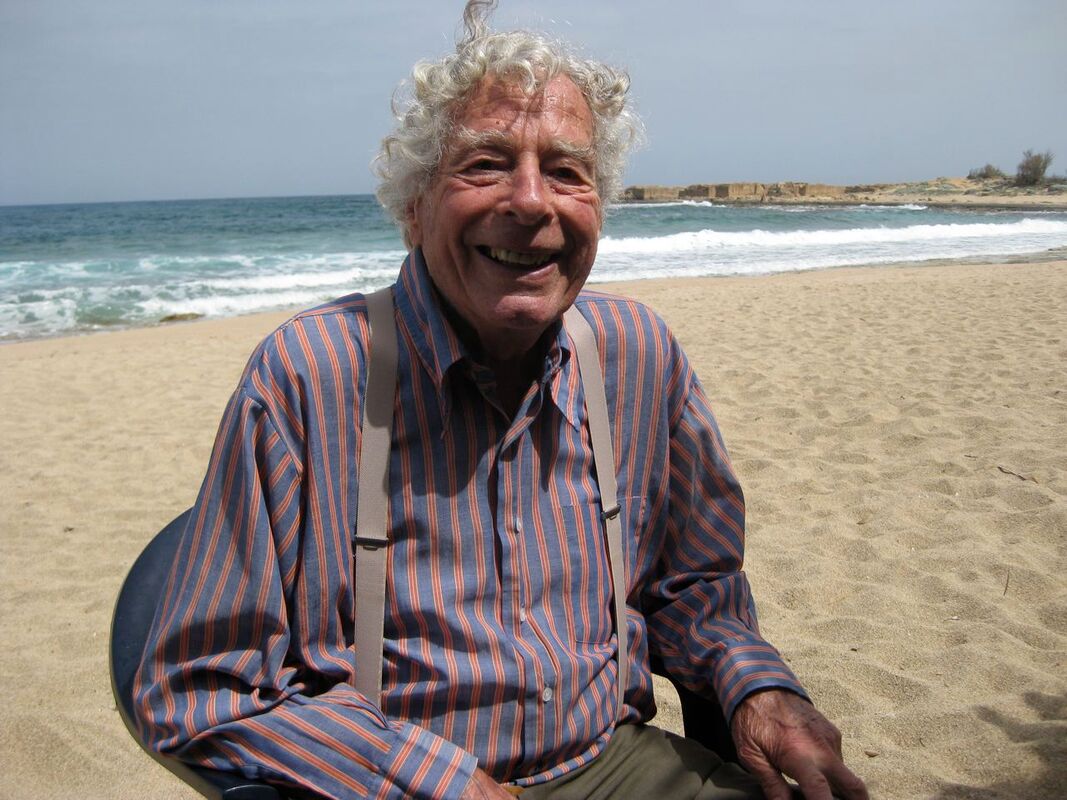
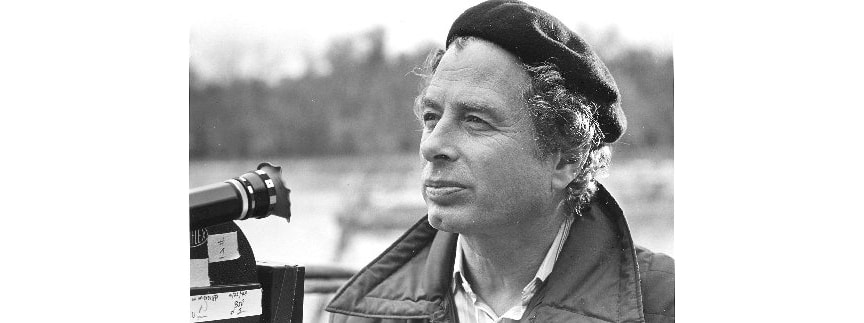
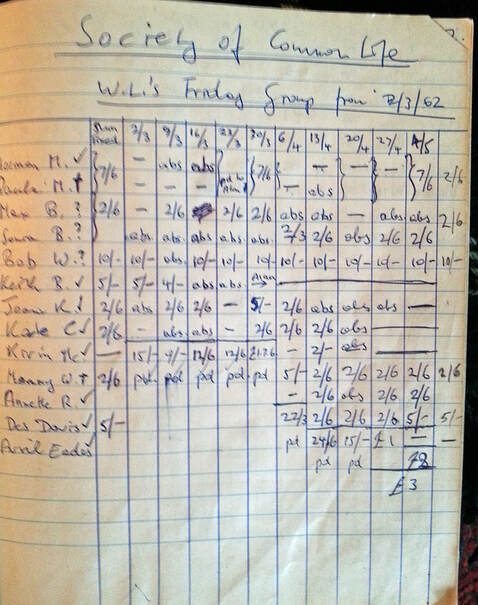
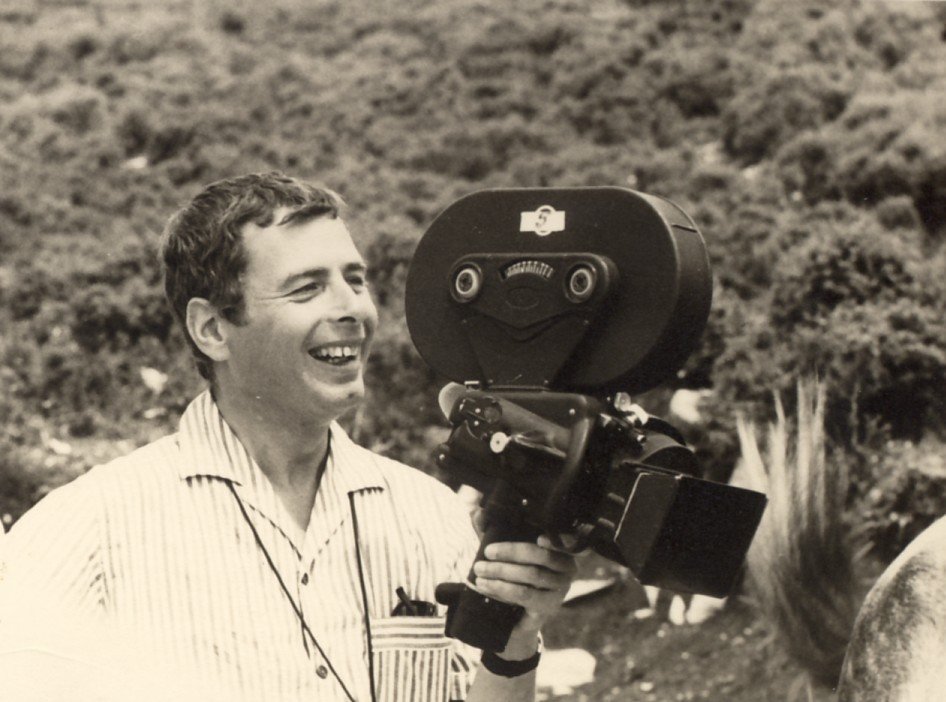
 RSS Feed
RSS Feed